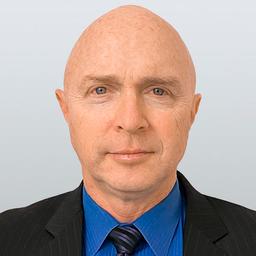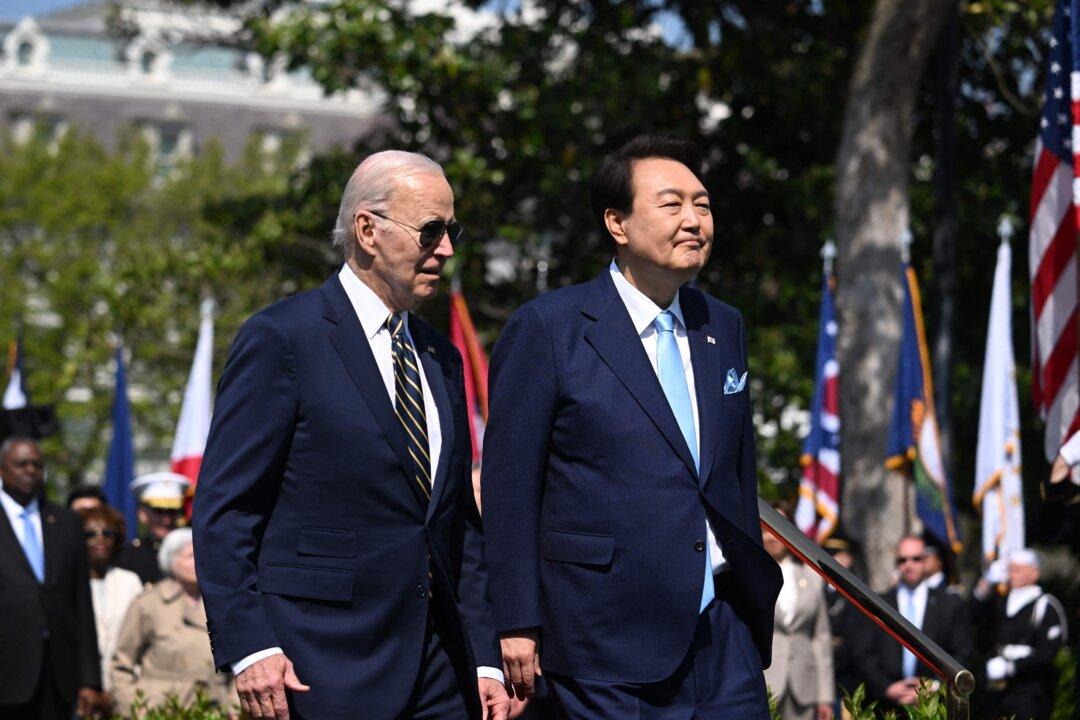Commentary
Many readers reported reading that strange things were happening in China. For example, Twitter and Newsweek reported that China mysteriously canceled thousands of commercial flights and trains. Some bloggers wrote that Chinese leader Xi Jinping was under house arrest, and others reported seeing hundreds of military vehicles heading toward Beijing.





